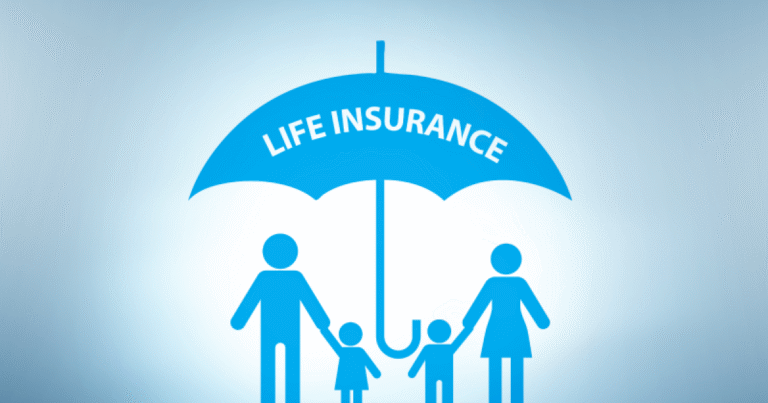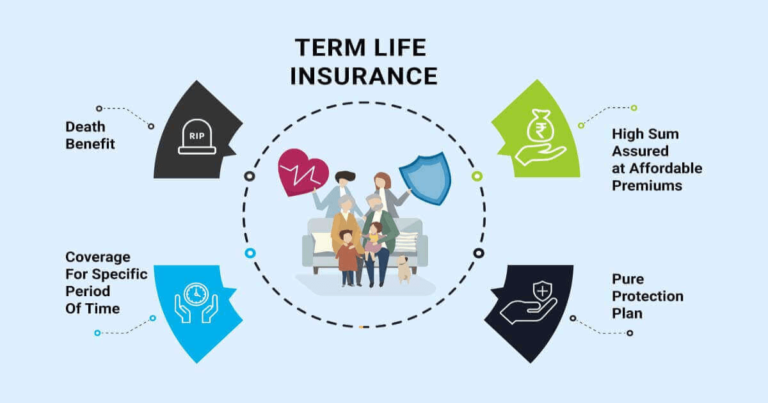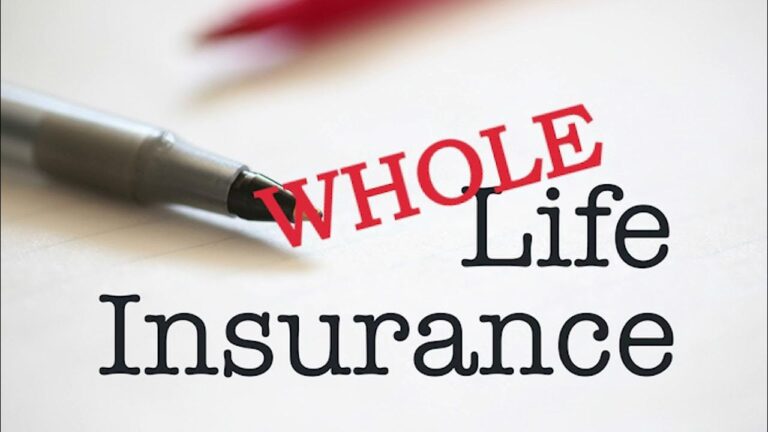Critical Illness Cover: Why It Matters More Than Ever
When people talk about financial security, they usually focus on savings, investments, or pensions. Some may add life insurance to that list. Yet there is another piece of protection that often gets overlooked until it is too late: Critical Illness Cover. This type of insurance does not get as much attention as retirement plans or property investments, but when the unexpected happens, it can be the single most important safeguard you have.
The reality is that serious illnesses are not rare events. They affect millions of people worldwide every year. Modern medicine means survival rates are improving, which is encouraging, but living through a heart attack, stroke, or cancer diagnosis often comes with long recovery times, heavy medical expenses, and lifestyle changes that health insurance alone does not fully address. That is exactly where Critical Illness Cover steps in.
Understanding What Critical Illness Cover Really Is
Critical Illness Cover is an insurance product designed to pay out a lump sum if you are diagnosed with one of the serious conditions listed in your policy. Unlike standard health insurance, which pays for hospital stays, doctor visits, and treatment, Critical Illness Cover is far broader in purpose. It is designed to give you financial breathing space at one of the most stressful times in your life.
This payout is not tied to receipts or medical bills. You are free to use it however you need. Some people use the money to pay their mortgage and keep a roof over their family’s head while they recover. Others use it to hire in home care or make adjustments to their home, like ramps or accessible bathrooms, that allow them to live more comfortably. Others simply need to replace the income they can no longer earn during recovery. The value of Critical Illness Cover lies in its flexibility. It is not about reimbursing expenses but about giving you choices when your normal life is disrupted.
Why Critical Illness Cover is Becoming More Essential
It might feel like something only older people should worry about, but here is the thing: illnesses do not check your age before they strike. More and more young professionals, parents, and self employed workers are recognizing the importance of Critical Illness Cover because the financial impact of serious illness can be devastating at any stage of life.
The first reason Critical Illness Cover is vital is the rising cost of healthcare. Even if you already have health insurance, you will likely face expenses that are not fully covered, such as ongoing rehabilitation, specialized medications, or alternative treatments. Add to that the travel costs for specialist appointments or hospital visits, and the bills start piling up. Without additional support, these expenses can drain savings or force people into debt.
Another reason is income loss. A serious illness often means weeks, months, or even years away from work. Employers might provide some paid sick leave, but rarely enough to cover long absences. For freelancers and small business owners, there may be no safety net at all. Critical Illness Cover provides financial stability when your income is suddenly disrupted, ensuring you can continue paying bills, supporting your family, and maintaining your lifestyle.
There is also the emotional side. Dealing with illness is stressful, and financial pressure only makes recovery harder. Knowing that you have a safety net lets you focus on healing instead of worrying about how to cover next month’s rent or whether you can keep up with loan payments. This peace of mind is one of the most underrated yet valuable aspects of Critical Illness Cover.
Finally, there are lifestyle changes that follow recovery. Some people cannot return to their previous job or need to reduce their working hours. Others may need home modifications or long term care. The lump sum from Critical Illness Cover makes these transitions smoother, reducing the long term impact on quality of life.
Who Should Consider Critical Illness Cover
It is tempting to assume that Critical Illness Cover is only relevant for people approaching retirement or those already dealing with health issues. The truth is that anyone who depends on their income to sustain themselves or their family should consider it.
Young professionals often feel they are too healthy to need insurance, yet they are among the most vulnerable financially. Most young workers do not have large savings and many are burdened with rent, student loans, or starting family expenses. A sudden illness could completely wipe out financial stability. For them, Critical Illness Cover acts as a lifeline that keeps everything from collapsing.
Parents with families to support arguably have the most at stake. If you are the primary breadwinner, losing your income to illness could immediately put your family under financial strain. Critical Illness Cover ensures that children’s education, household expenses, and long term goals are not derailed by one diagnosis.
For the self employed, freelancers, or small business owners, Critical Illness Cover is practically essential. Without employer benefits like paid sick leave or disability insurance, any extended illness could bring work to a standstill. This cover ensures that business and personal expenses are still manageable even when income dries up.
Homeowners with mortgages are another group who should strongly consider Critical Illness Cover. Mortgage payments are fixed and relentless, and banks do not stop collecting simply because you are sick. Having a payout that can either cover those payments or pay off the loan entirely provides a huge sense of security.
What Conditions Are Usually Covered
Critical Illness Cover policies vary, but most include some of the most common and life altering illnesses. Cancer is one of the top conditions included, though some policies specify only advanced forms. Heart attacks and strokes are also usually covered, given their frequency and severe impact.
Many policies also include major organ transplants, such as kidney, liver, or heart transplants, since these situations require lengthy recovery and often permanent lifestyle changes. Neurological conditions like multiple sclerosis or motor neuron disease are also often part of the coverage, as they significantly affect mobility, independence, and long term employability.
It is important to note that each insurer has their own definitions and exclusions. For example, not all cancers or heart conditions may be included. This is why it is crucial to read policy documents carefully before committing.
How to Choose the Right Critical Illness Cover
With so many options available, choosing the right Critical Illness Cover can feel overwhelming. The first thing to look at is the list of illnesses covered. A wider range is better, but you should also check the exact definitions to ensure that common conditions are not excluded by technicalities.
Next, consider how the payout is structured. A good policy should provide a lump sum with no restrictions on how you use it. That flexibility is the true advantage of this type of insurance, as it allows you to prioritize what matters most for your circumstances.
Premium costs are another factor. While it is natural to look for affordability, it is worth remembering that the cheapest policies often provide limited coverage. The right balance is a policy you can comfortably pay for now but that still provides meaningful protection in the future.
You should also pay attention to policy terms. Some policies may only last until a certain age or come with conditions that limit payouts. Choose one that aligns with your current stage of life and your long term plans. Finally, always go with a reputable insurer. When you need to make a claim, you want to be confident that the company has a track record of fairness and reliability.
Clearing Up Common Myths
There are several misconceptions that stop people from considering Critical Illness Cover. One of the biggest myths is that health insurance is enough. While health insurance covers treatment, it does nothing to replace lost income or cover day to day expenses when you cannot work.
Another common myth is that young people do not need it. The truth is that illness does not discriminate by age, and being young often means having less financial cushioning. That makes the impact of an illness potentially more devastating.
Cost is another concern. Many assume Critical Illness Cover is expensive, but premiums are often surprisingly affordable for younger, healthier applicants. Waiting until later not only increases premiums but also risks being declined due to pre existing conditions.
Some people believe they can simply rely on savings. Yet few people realistically have enough savings to cover years of expenses if they are unable to work. Critical Illness Cover ensures you do not have to burn through your emergency fund or derail long term financial goals.
How Critical Illness Cover Fits Into a Financial Plan
Think of your financial plan as a house. Savings, investments, and pensions are the walls and roof. Life insurance is the foundation that protects your family if you pass away. Critical Illness Cover is the support beam that keeps everything from collapsing when illness strikes. Without it, one unexpected diagnosis could cause cracks in the entire structure.
By protecting your income, Critical Illness Cover shields your long term savings and investments from being drained. It ensures that you can continue paying bills, mortgages, and essential expenses while you focus on recovery. It gives you the freedom to heal without the pressure to rush back into work before you are ready. Most importantly, it complements life insurance by protecting you while you are alive, not just your beneficiaries after death.
Final Thoughts on Critical Illness Cover
Critical Illness Cover is not about being pessimistic or expecting the worst. It is about being realistic. Life is unpredictable, and while none of us want to imagine being diagnosed with a serious illness, ignoring the possibility does not make it go away.
This cover is not about fear. It is about responsibility. It is about ensuring that if life takes an unexpected turn, you and your loved ones are not left scrambling financially at the very moment you need stability most. So the real question is not whether you can afford to buy Critical Illness Cover. The real question is whether you can afford to live without it.






